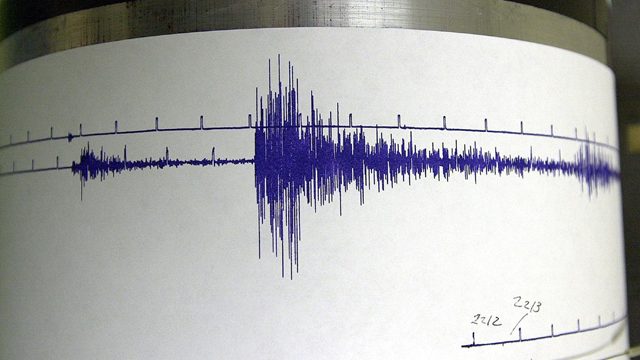Hundreds of patients counting on a San Francisco fertility center to help them realize their dream of having a family are learning their eggs and embryos may have been compromised after a problem at Pacific Fertility Center's storage facility.
The center notified 400 patients their eggs or embryos may have been damaged.
"I was shocked that my backup plan might be gone," patient Rosalynn Enfield said.
Enfield, 34 and a Lafayette resident, decided to bank 17 of her eggs to increase her chances of having a family once she found the right partner.
After extensive research, she decided to store them to Pacific Fertility Center in San Francisco. Enfield said she was stunned when she received an e-mail Sunday from the center telling her that a liquid nitrogen tank containing eggs and embryos failed, possibly impacting her eggs.
In a disturbing coincidence, a fertility clinic in Cleveland also had a storage problem on the same day, possibly damaging more than 2,000 eggs and embryos.
Sean Tipton with the American Society for Reproductive Medicine said he has not seen failures like the recent incidents in two decades.
Local
"This is extremely rare," Tipton said. "There have been a few small problems, but up until now there has never been anything like this."
As for Enfield, she said she feels fortunate she met her husband and now has a 13-month-old son, Colin, conceived naturally. But she wonders about the future.
"For myself, if something doesn't work out for us to adding to our family that was our backup plan," Enfield said. "And I'm sad it might not be there for people who need it and might not be there for me."
Full statement released Sunday from Pacific Fertility Clinic:
“On March 4, a single piece of equipment in our cryo-storage laboratory lost liquid nitrogen for a brief period of time. We do know that there is viable tissue from that tank. The rest of the tanks were not affected. The equipment was immediately retired, the vast majority of the eggs and embryos in the lab were unaffected, and the facility is operating securely. As soon as the issue was discovered, our most senior embryologists took immediate action to transfer those tissues from the affected equipment to a new piece of equipment. We have brought in independent experts and are conducting a full investigation. Our patients and the safety of their eggs and embryos are our highest priorities and we are reaching out to inform them of this incident. In addition, we have completed a physical inspection of all of the lab equipment and have also thoroughly reviewed all cryo-preservation protocols with staff. We are truly sorry this happened and for the anxiety that this will surely cause.”



